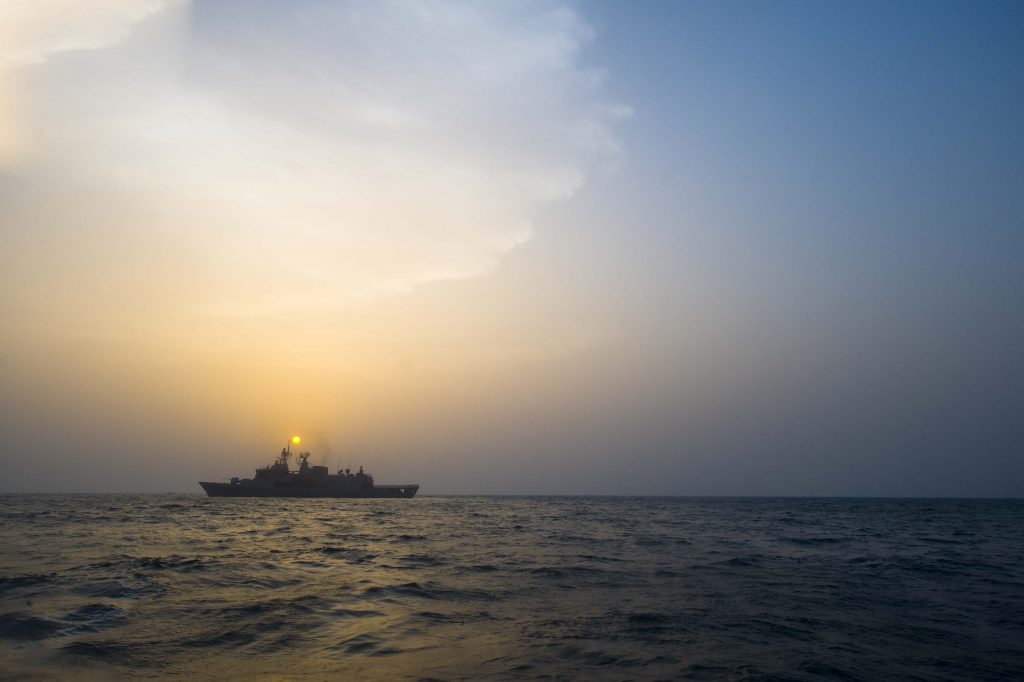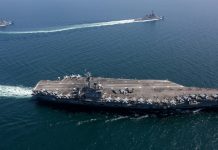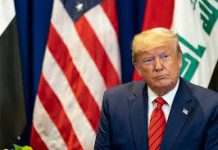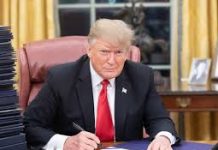
The United Arab Emirates (UAE) has recently disengaged from a US-led naval alliance responsible for safeguarding critical Gulf water routes, which play a crucial role in the international oil trade. The UAE officially communicated its withdrawal from the Combined Maritime Forces, a coalition consisting of 38 nations, approximately two months ago, as confirmed by a statement from its foreign ministry. However, no specific reasons were provided to explain the decision.
“As a result of our ongoing evaluation of effective security cooperation with all partners, two months ago, the UAE withdrew its participation in the Combined Maritime Forces,” said the statement carried by the official WAM news agency.
The Combined Maritime Forces (CMF), headquartered in Bahrain, was originally formed in 2001 with an initial partnership of 12 nations. Its operational focus lies in the strategically significant yet volatile Gulf waters, where incidents of tanker seizures and attacks have occurred in recent months.
While the United Arab Emirates (UAE) has temporarily suspended its active involvement, the CMF spokesperson emphasized that the UAE is still recognized as a partner nation within the coalition.
“The CMF still includes 38 partner nations, of which the UAE is one,” Commander Timothy Hawkins told AFP.
In the span of one week in late April and early May, Iran conducted the seizure of two tankers, one of which was empty and traveling between the UAE ports of Dubai and Fujairah. Furthermore, Iran was accused of carrying out a drone attack on an Israeli-owned tanker in November 2022, exacerbating tensions with the United States.
In response to perceived escalating harassment by Iran, the United States announced the deployment of additional military forces to the Gulf region earlier this month. The Gulf region serves as a critical pathway for approximately one-third of the world’s maritime oil transportation.
To demonstrate their commitment to regional security, Vice-Admiral Brad Cooper, the commander of the US Navy’s Fifth Fleet, embarked on a transit through the Strait of Hormuz in the company of naval commanders from the United Kingdom and France aboard a guided-missile destroyer.
In turn, Iran asserted its ability to ensure the safety of Gulf waters by collaborating with neighboring countries.
“The UAE remains committed to responsibly ensuring the safety of navigation in its seas,” states the statement from the UAE while adding that the major oil exporter is “committed to peaceful dialogue and diplomatic engagement.”





